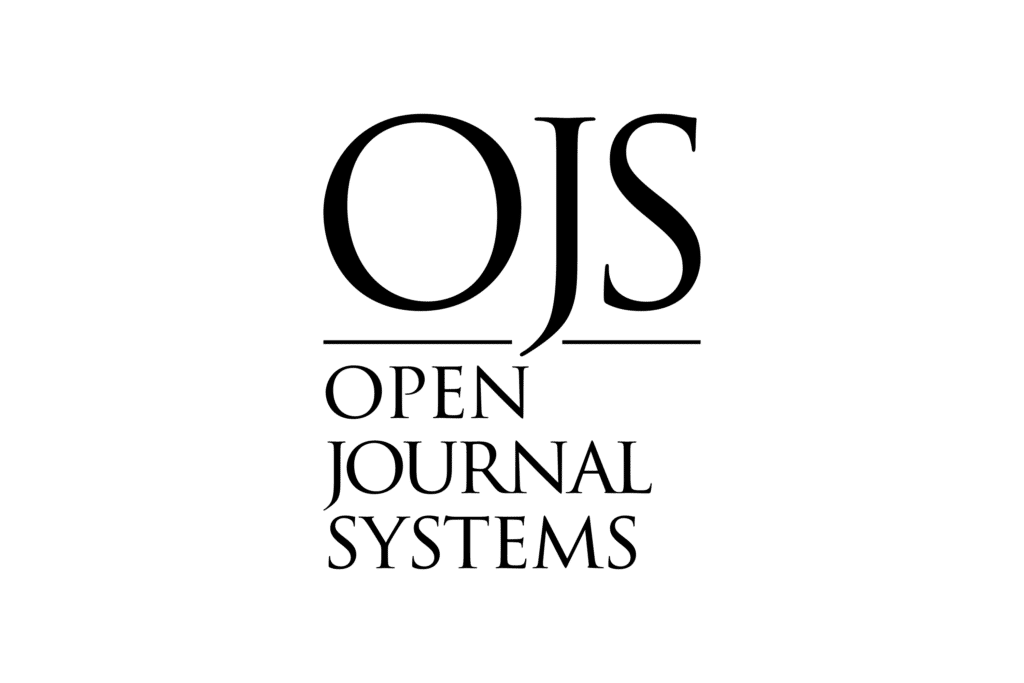Evolution In The Training Of Industrial Engineers In Cuba
DOI:
https://doi.org/10.52579/diapi.vol4.i.a18663Keywords:
Training, curriculum, career, IndustrialAbstract
The training of professionals in Higher Education is supported by the study plans that are designed and implemented by the competent bodies. In Cuba they are designed by specialists and submitted to the corresponding approval levels. The objective of this work is to: Analyze the trends of the curricula implemented for the training of industrial engineers and their relationship with social economic development strategies. To this end, a detailed analysis of all the curricula implemented and the conditions in which each of them have taken place has been carried out. In all cases it has been possible to verify that their designs have been in accordance with the requirements of the moment and that the new versions that have followed them respond to new conditions caused by new development strategies, which have implied the need for a new plan to be able to respond to new demands.
Downloads
References
García A. (2020). Compilaciones propias sobre los planes de estudio A, B, C y C perfeccionado. Material inédito
García A. (2023). Compilaciones propias sobre el inicio de la carrera. Material inédito.
García González, M; García Rodríguez; A; Muñoz Piverno, R y Quintana Álvarez, L. (2014). Aprender a aprender para Ingenieros Industriales. Análisis teórico y resultados del diagnóstico. Revista Referencia Pedagógica. Año 2014. No.1. ISSN: 2308-3042 17.
Ministerio de Educación Superior (2007). Plan de estudio D. Ingeniera industrial. Cuba.
Ministerio de Educación Superior. (2019). Plan de estudio E. Ingeniera industrial. Cuba.
Downloads
Published
How to Cite
Issue
Section
License
Copyright (c) 2023 Alfredo García González, C Máryuri García González

This work is licensed under a Creative Commons Attribution-ShareAlike 4.0 International License.
Direitos Autorais
A submissão de originais para a Diálogos e Perspectivas Interventivas (DIAPI) implica na transferência, pelas(os) autoras(es), dos direitos de publicação. Os direitos autorais para os manuscritos publicados nesta revista são das(os) autoras(es), com direitos da DIAPI sobre a primeira publicação. As(os) autoras(es) somente poderão utilizar os mesmos resultados em outras publicações indicando explicitamente a DIAPI como o meio da publicação original.
Licença Creative Commons
Exceto onde especificado diferentemente, aplicam-se à matéria publicada nesta revista científica os termos da licença Creative Commons Attribution-ShareAlike 4.0 International License, que permite o uso irrestrito, a distribuição e a reprodução em qualquer meio desde que a publicação original seja corretamente citada.













 Esta obra está licenciada com uma Licença
Esta obra está licenciada com uma Licença 